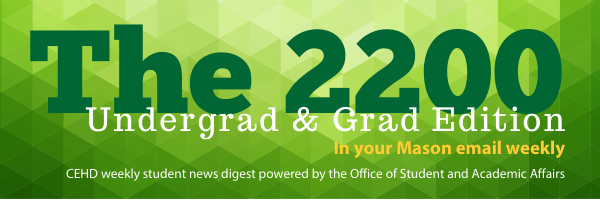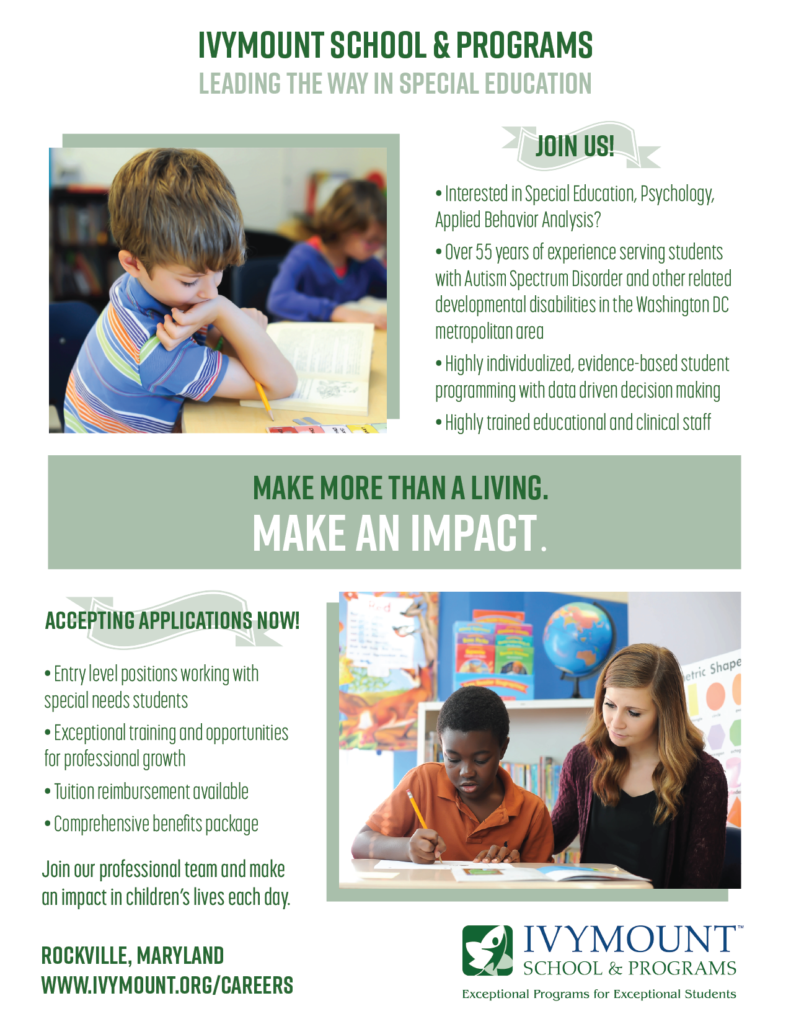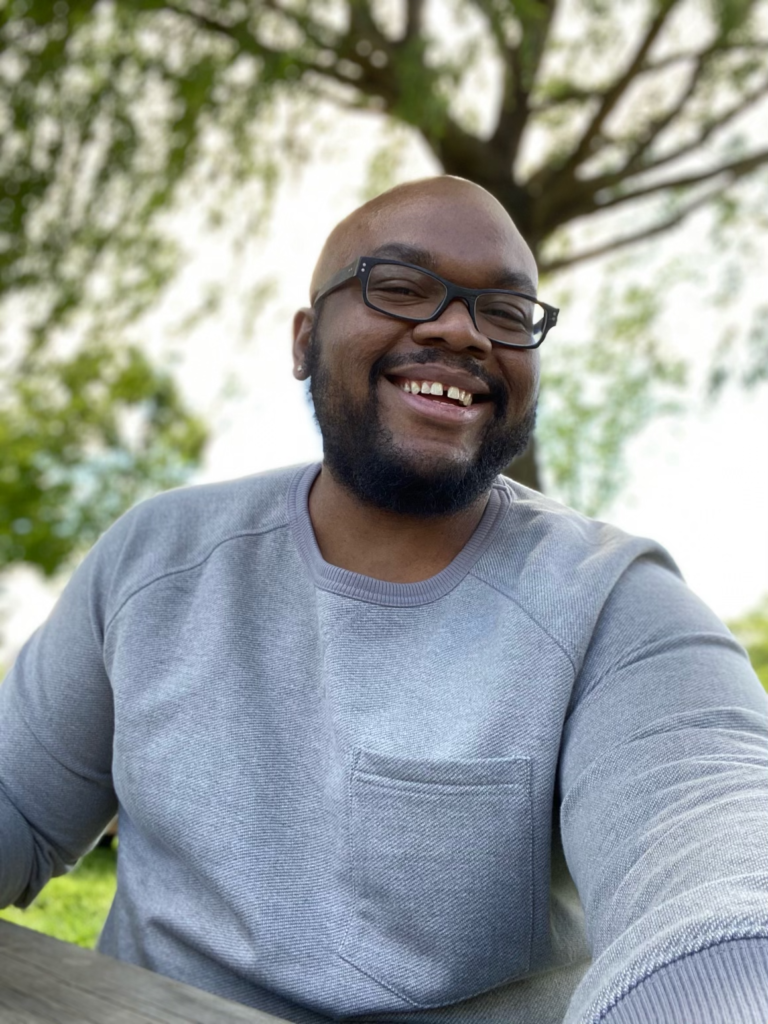One of the most enjoyable tasks the Office of Student and Academic Affairs performs each year is facilitating a number of scholarship programs that are funded by, or in the memory of, alumni of the College of Education and Human Development and philanthropists committed to student success. While our outstanding student recipients receive funds to help defray the cost of attending Mason, the faculty charged with reviewing applications benefit as well. They get a glimpse into the inspiring lives of our applicants and the potential future contributions they will make to their fields of study. During the fall 2017 semester, fourteen students were awarded donor-supported scholarships through the College.
Annette Gorn Memorial Scholarship
This scholarship honors the life and work of Annette Gorn, MEd. ’87, a member of the university academic advising staff for more than a decade. Annette, an Irish immigrant herself, specialized in counseling international students. Her memorial award is granted to a deserving student in the Counseling and Development program. Applicants submitted essays detailing how they intend to use their background and experience to influence their counseling style. This year’s recipient is Jean Agosto, who is pursuing a master’s degree in Counseling and Development with a concentration in School Counseling.
Catherine “Cathy” Belter Memorial Fellowship
Cathy Belter was an education activist, author and lecturer who served two terms on the Fairfax County School Board and was also president of the Commonwealth of Virginia PTA. The fellowship in her name is given to a CEHD student pursuing licensure or a graduate degree who is also currently employed by the Fairfax County Public School system. The 2017 Catherine Belter Memorial Fellowship was awarded to Lakicia Moye, a MEd. student with a concentration in Early Childhood Special Education.
Strong Scholars Program
The Hattie M. Strong Foundation (HMSF) began in 1928 as a student loan program, which has since become a scholarship program aimed at college students enrolled in teacher training programs. Specifically, HMSF hopes to reduce the financial pressure during the student-teaching semester, when a student’s ability to offset expenses with outside employment is curtailed by the rigor of full-time work in the classroom. The fall 2017 Strong Scholars for Mason are Alexandra Dilldine, MEd., Curriculum and Instruction, Elementary Education concentration; Leah Johnson, MEd., Curriculum and Instruction, Secondary Education: History and Social Sciences concentration; and Sarah Robertson, MEd., Curriculum and Instruction, Secondary Education: Mathematics concentration.
Dr. Marjory F. Brown-Azarowicz Endowed Scholarship in Education
Named in honor of former professor emerita in the School of Education, Dr. Marjory Brown-Azarowicz, this scholarship is granted to an outstanding CEHD student pursuing a program of study leading to initial teaching licensure. Dr. Brown-Azarowicz was an accomplished educator, author, and musician with a profound impact on those she taught. Application essays focused on the ways in which the applicants likewise intended to have an influence on their future students. Rebecca Sponga, MEd., Curriculum and Instruction, Secondary Education: History and Social Sciences concentration, and Christina Dietrich, MEd., Curriculum and Instruction, Early Childhood Education for Diverse Learners concentration, were selected as the 2017 recipients.
Today’s Student, Tomorrow’s Teachers Program
Today’s Students, Tomorrow’s Teachers (TSTT) is a unique school-based mentoring program that recruits and mentors culturally diverse high school students from underserved communities who are interested in pursuing a career in teaching. TSTT provides financial assistance for students to attend one of twenty-one partner colleges, including Mason, and places them as teachers and leaders who will inspire and strengthen their communities. TSTT funds were awarded to Bachelor’s/Accelerated Masters in Special Education student, Christina Flores, and MEd., Curriculum and Instruction, Secondary Education: Mathematics student, Anthony-Toan Le.
Sakineh “Simin” M. Redjali, PhD and Said Khadiri, PhD Graduate Scholarship
Dr. Simin Redjali and Dr. Said Khadiri were pioneers in the field of Education in Iran. Dr. Redjali was the first woman professor at the National University of Iran, a National Science Foundation Fellow, and Fulbright Scholar. Dr. Said Khadiri was a pioneer in the area of music education in Iran, a Fulbright Scholar, and produced and directed 252 films and video cassettes for the National Iranian Radio-Television of musical performances by children attending the Music Studios for Children and Young Adults. Drs. Redjali and Khadiri advocated for the education of children at an early age and established this scholarship in the hopes of continuing their legacy. Trinity Edwards, a graduate certificate student in Early Childhood Special Education, is the 2017 recipient.
Wen Pei Wu Scholarship
The Wen Pei Wu Scholarship was founded by D. Jean Wu, M.S. ’87, a trustee and member of the university Board of Vistors, in memory of her father. Born in China, Wen Pei Wu advocated education for all and encouraged and helped others to learn. The scholarship is awarded to an outstanding graduate or undergraduate student pursuing initial licensure within PK-12 education. The 2017 recipient of the Wen Pei Wu Scholarships is Mark Pollack. Mark is pursuing a master’s degree in Curriculum and Instruction, Teaching Culturally, Linguistically Diverse and Exceptional Learners concentration, and a graduate certificate in International ESOL Education (PK-12) Licensure.
Virginia Teaching Scholarship Loan Program (VTSLP)
The Virginia Teaching Scholarship Loan Program (VTSLP) provides financial support to students who are preparing to teach in one of Virginia’s critical shortage teaching areas [i.e., Special Education, Elementary Education (Pk-6), Middle Education (Grades 6-8), Career and Technical Education, Health & Physical Education (PK-12), English, Foreign Languages (PreK-12), History and Social Sciences, Mathematics (Grade 6-12, including Algebra I), School Counselor(PreK-12)]. The 2017 Mason VTSLP recipients are: Asma Sultana, MEd., Curriculum and Instruction, Early Childhood Education for Diverse Learners concentration and Early Childhood Education (PK-3 Licensure) graduate certificate; Sarah Prigmore, MEd., Curriculum and Instruction, Elementary Education concentration; and Travis Smith, MEd., Curriculum and Instruction, Elementary Education concentration.
Congratulations to all scholarship honorees! They will be formally recognized at the annual University scholarship recognition banquet to be held in spring 2018.
Click HERE for more information about CEHD scholarship programs.



